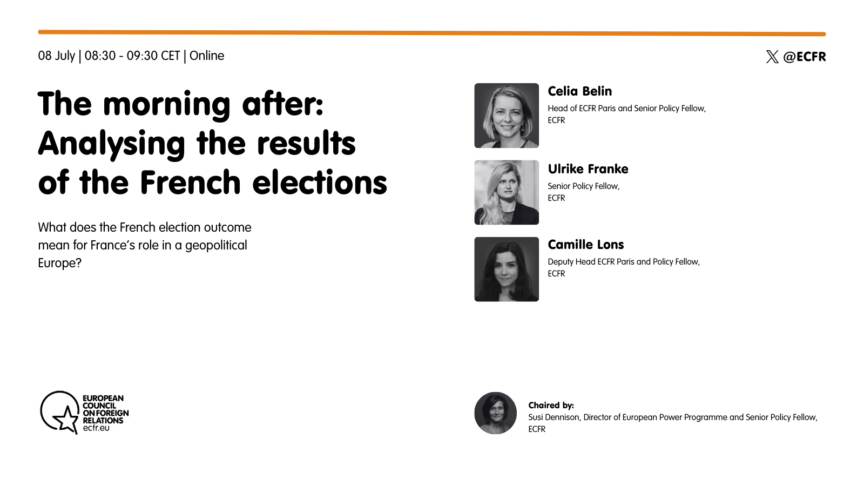
The Morning After: Analysing the Results of the French Election
As France discovers the new making of its national assembly, this webinar will analyse the election results and reflect on their impact on a geopolitical…

As France discovers the new making of its national assembly, this webinar will analyse the election results and reflect on their impact on a geopolitical…
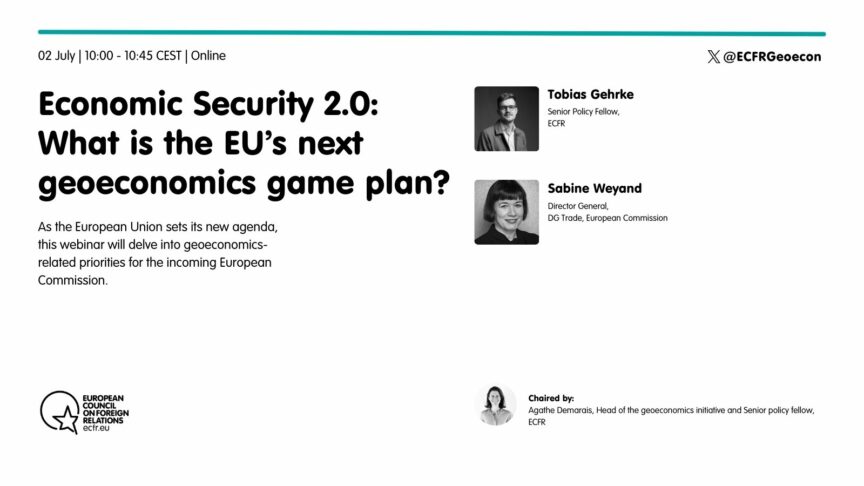
As the European Union sets its new agenda, this webinar will delve into geoeconomics-related priorities for the incoming European Commission. Drawing on two new ECFR…
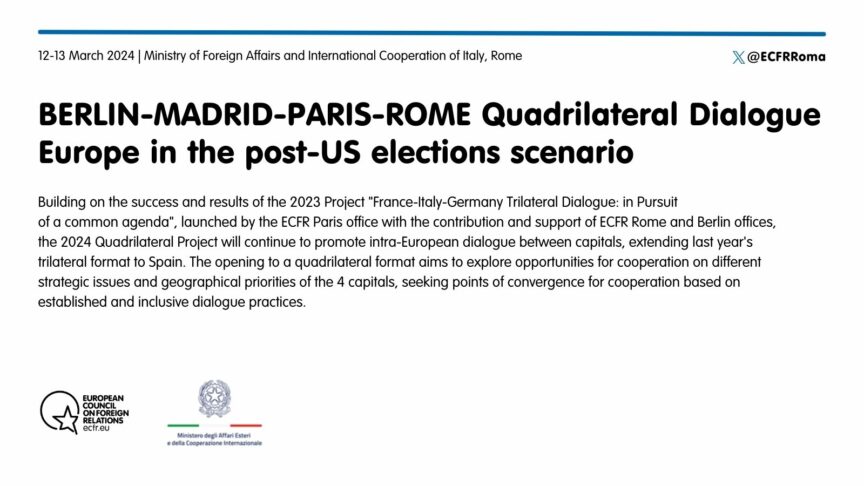
Building on the success and results of the 2023 Project “France-Italy-Germany Trilateral Dialogue: in Pursuit of a common agenda”, the 2024 Quadrilateral Project will continue to promote intra-European dialogue between capitals, extending last year’s trilateral format to Spain
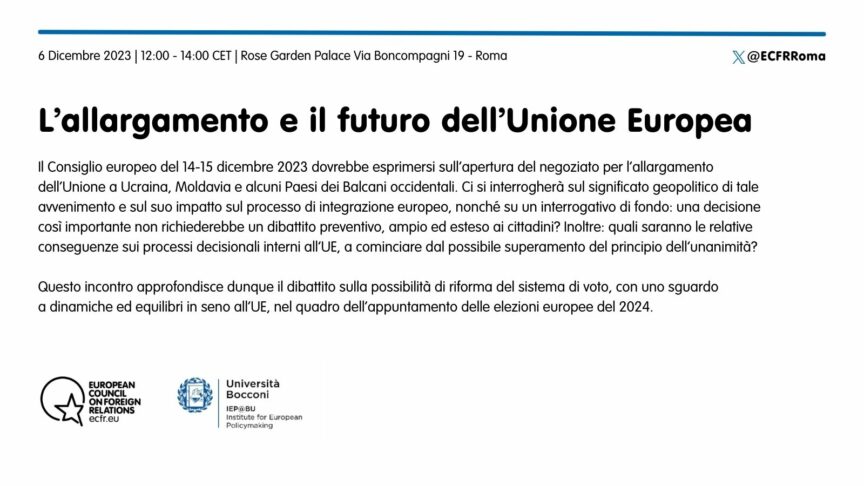
Secondo appuntamento di una serie di tre working lunch realizzati congiuntamente da ECFR Roma, SDA Bocconi e l’Institute for European Policymaking @ Bocconi University
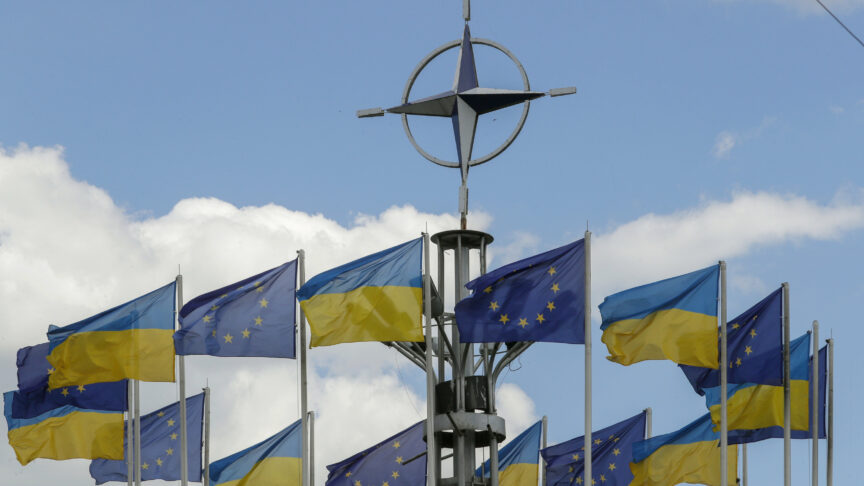
Europeans should look to the success of the automotive sector for inspiration on uniting their defence efforts across the whole continent
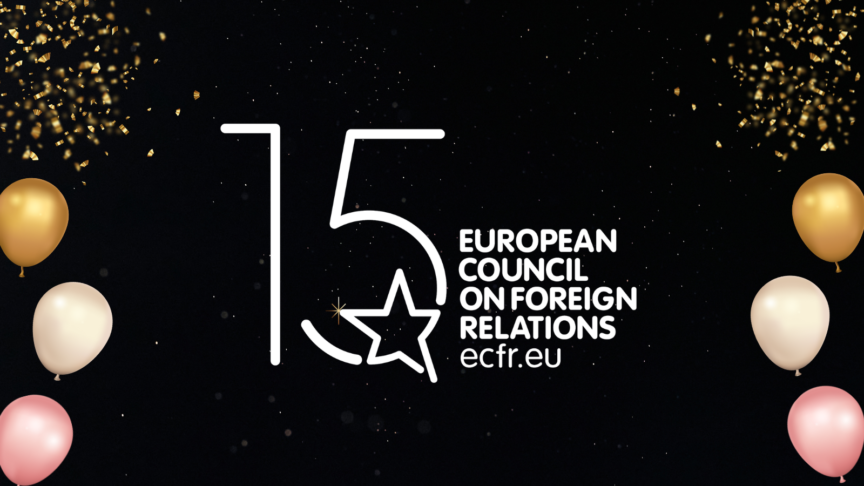
We turned 15! Time to reflect on the past years and ECFR’s role in helping Europe find a strong, united voice
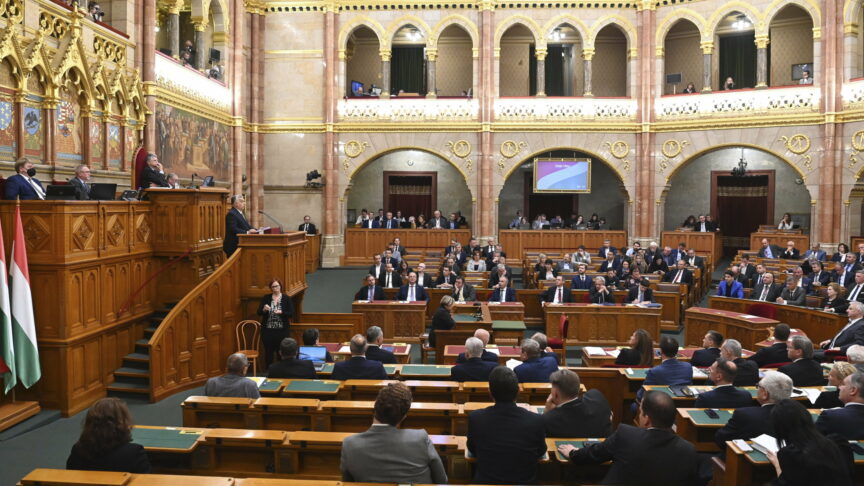
Viktor Orban has had 12 years to learn how to circumvent democratic reforms. The European Commission should bide its time in assessing whether to suspend funding to Hungary
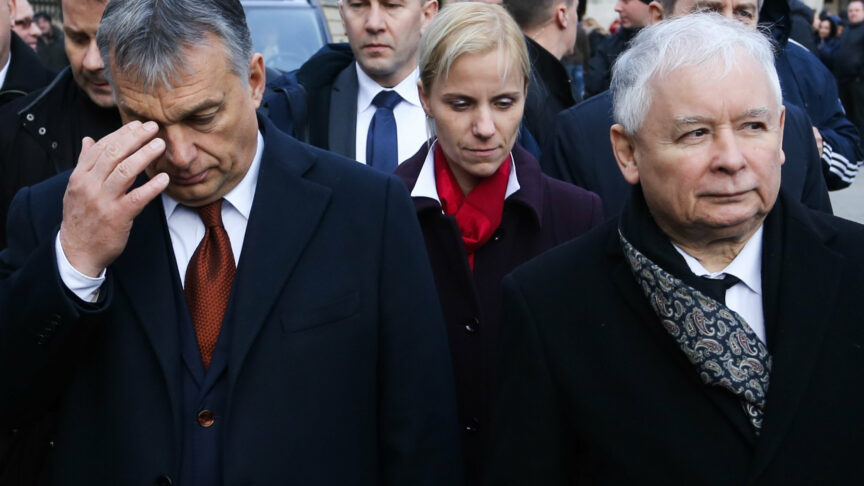
The war in Ukraine has driven a wedge between Hungary’s Fidesz and Poland’s Law and Justice parties. But they could still mount a powerful challenge to the EU if – or, rather, when – they reunite in their opposition to rule of law demands
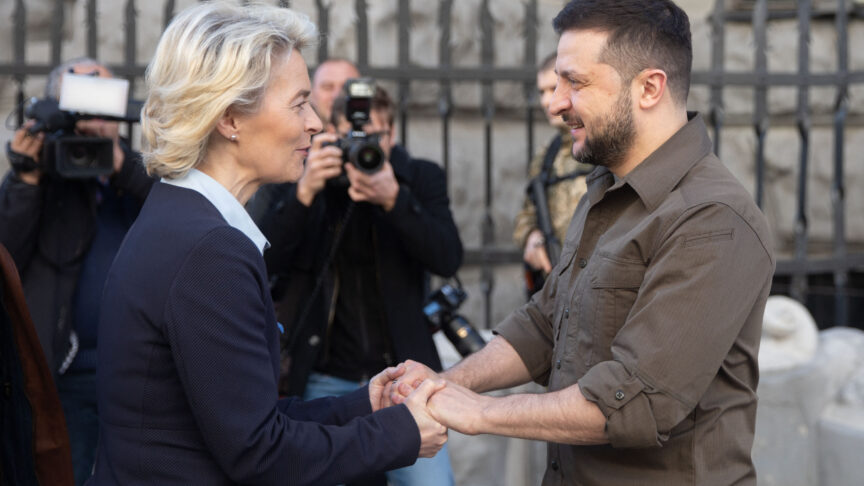
How sustainable is European unity? And what scenarios of solidarity or division can be expected in the next few months?

Ukraine’s Western partners now recognise that it can defeat Russia. Yet they need to provide the guarantees of long-term support that will make this a reality

The pandemic poses a threat to European cohesion by increasing economic divides and undermining trust in the EU and national governments
Despite financial and refugee crises, research suggests the European Union is getting stronger, not weaker
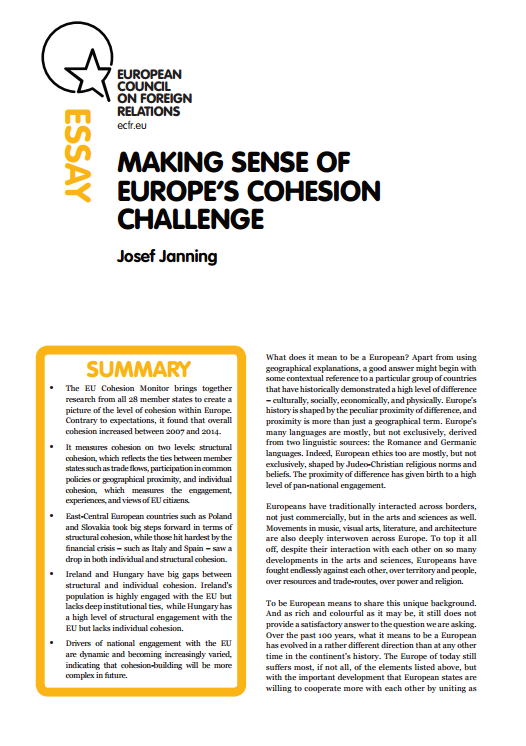
A new study from ECFR shows that, perhaps surprisingly, between 2007 and 2014, cohesion among EU member states has improved, even after years of crises
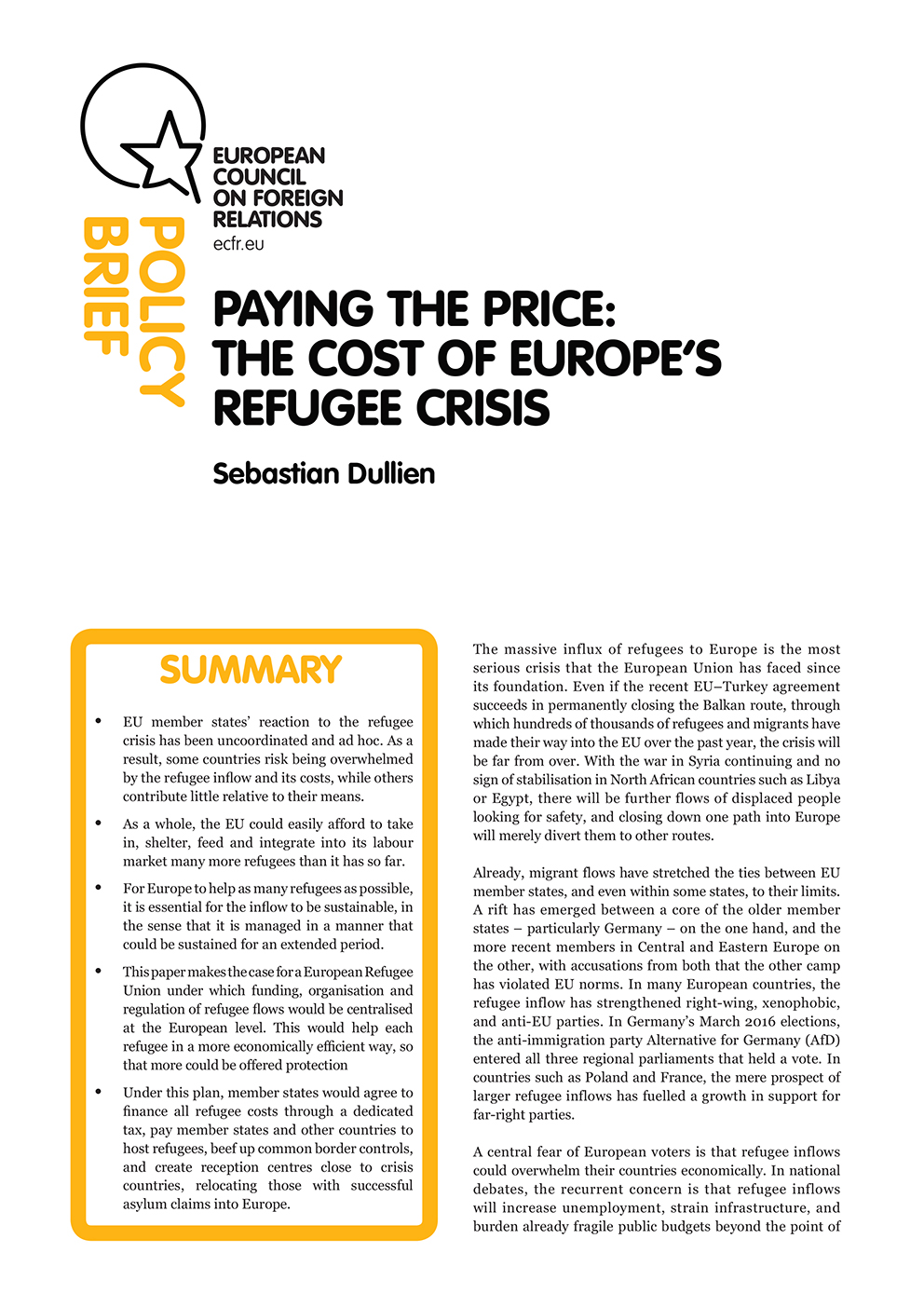
Europe can more sustainably and cost-efficiently handle refugee arrivals by centralising management at a European level

Europeans should look to the success of the automotive sector for inspiration on uniting their defence efforts across the whole continent

Viktor Orban has had 12 years to learn how to circumvent democratic reforms. The European Commission should bide its time in assessing whether to suspend funding to Hungary

The war in Ukraine has driven a wedge between Hungary’s Fidesz and Poland’s Law and Justice parties. But they could still mount a powerful challenge to the EU if – or, rather, when – they reunite in their opposition to rule of law demands

Ukraine’s Western partners now recognise that it can defeat Russia. Yet they need to provide the guarantees of long-term support that will make this a reality
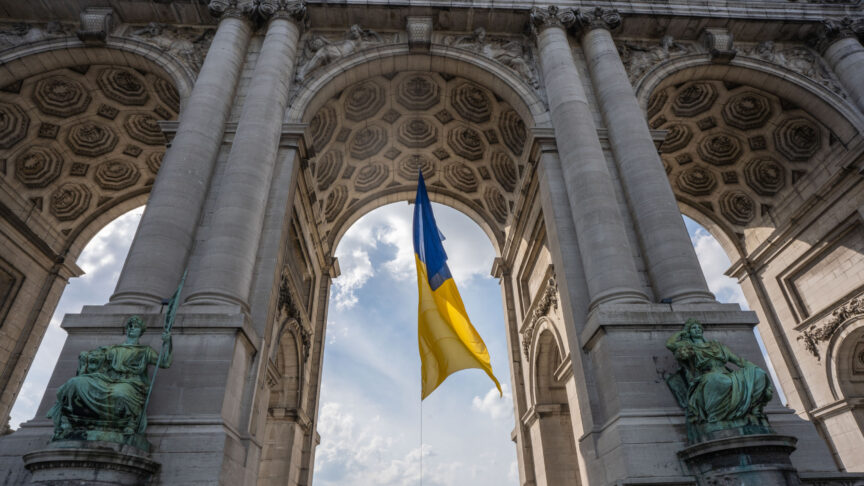
A new compact could allow Ukraine, Balkans states and others to move closer to the EU and drive reform more powerfully than the current rigid rules
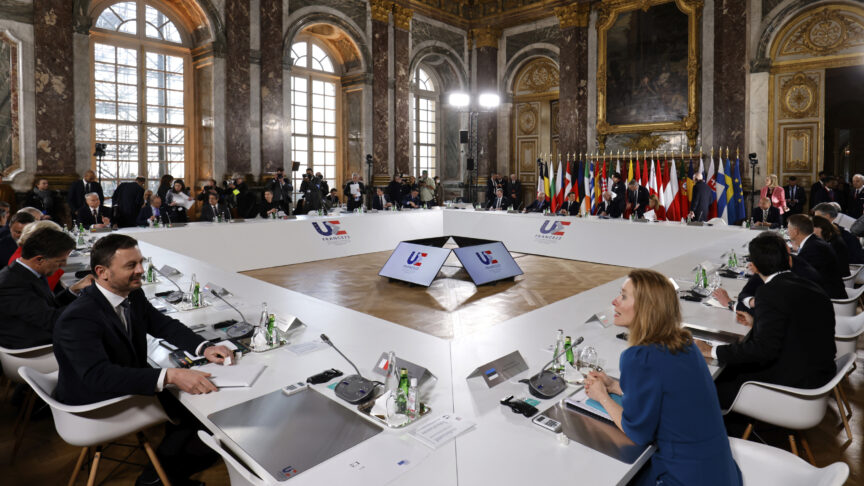
A strong Anti-Coercion Instrument could help the EU brace for a long-term economic war with Russia and adapt to the new geo-economic order
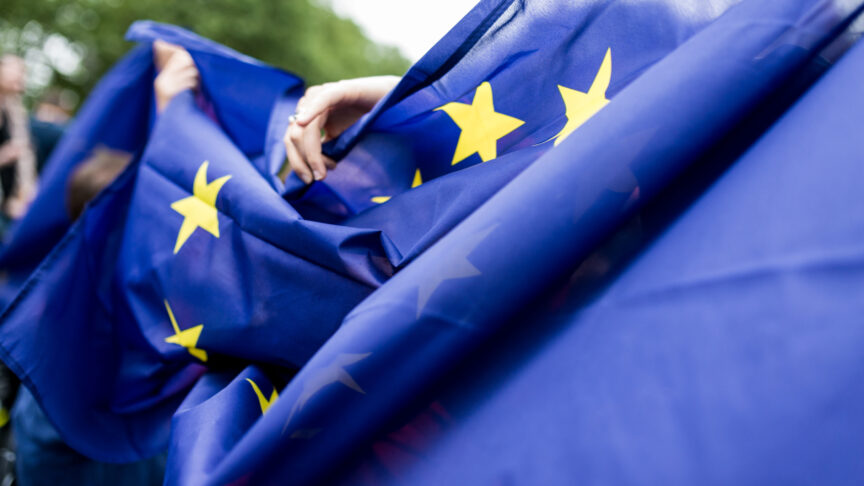
Putin’s invasion of Ukraine has underlined the importance of European sovereignty. The EU should now invest boldly in its military capabilities, cyber-defences, energy independence, and economic resilience
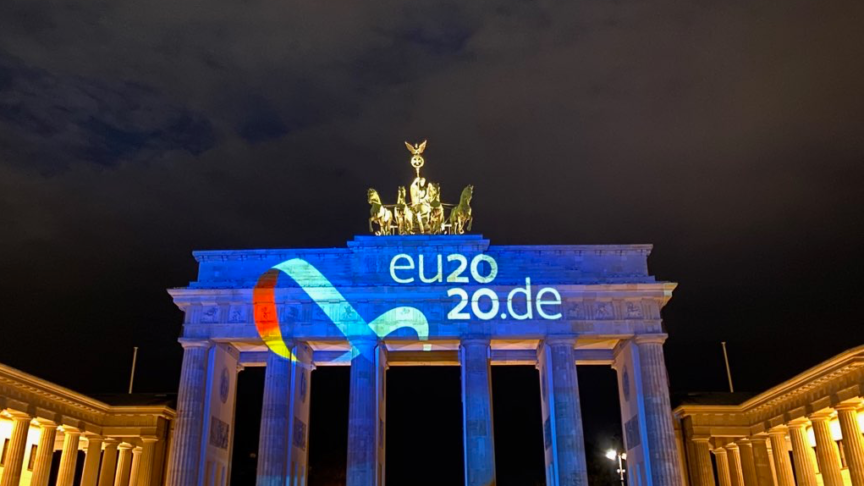
Germany managed to keep Europe together in a time of severe crisis. The country led diplomatic efforts to find an agreement on the EU’s seven-year budget and its recovery fund
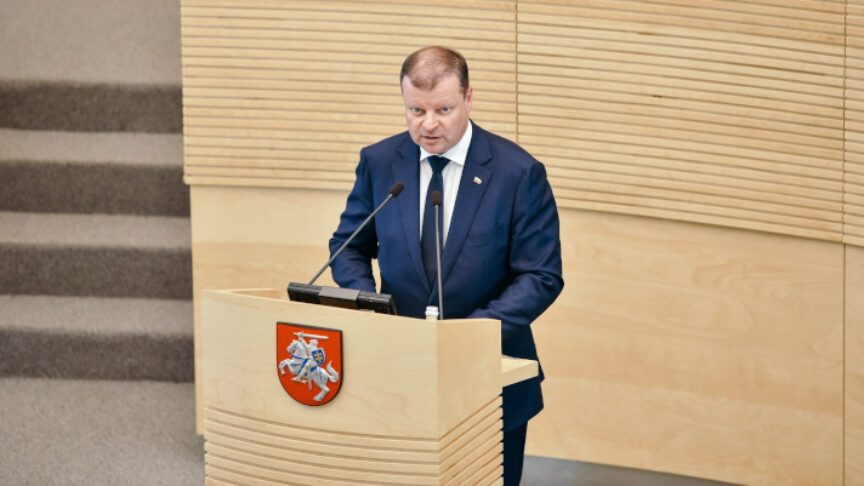
Russia and the eastern neighbourhood are Lithuania’s top foreign policy priorities, even in a global pandemic
One should not expect a parting of the ways between Poland and Germany in the near future so much as the further provincialisation of their relations in a changing European Union
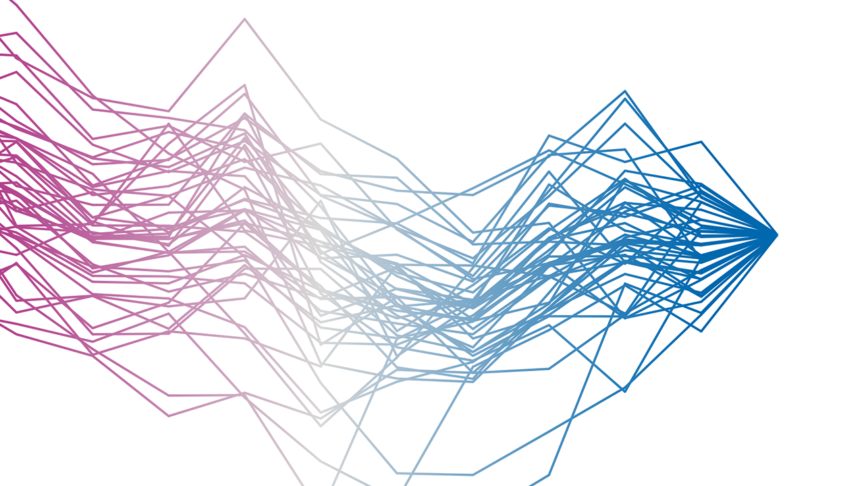
European cohesion is bouncing back after crisis years. The EU Cohesion Monitor presents new insights on cohesion as an underestimated source of strength and collective action in the EU
European cohesion is bouncing back after crisis years. The EU Cohesion Monitor presents new insights on cohesion as an underestimated source of strength and collective action in the EU

We turned 15! Time to reflect on the past years and ECFR’s role in helping Europe find a strong, united voice

How sustainable is European unity? And what scenarios of solidarity or division can be expected in the next few months?
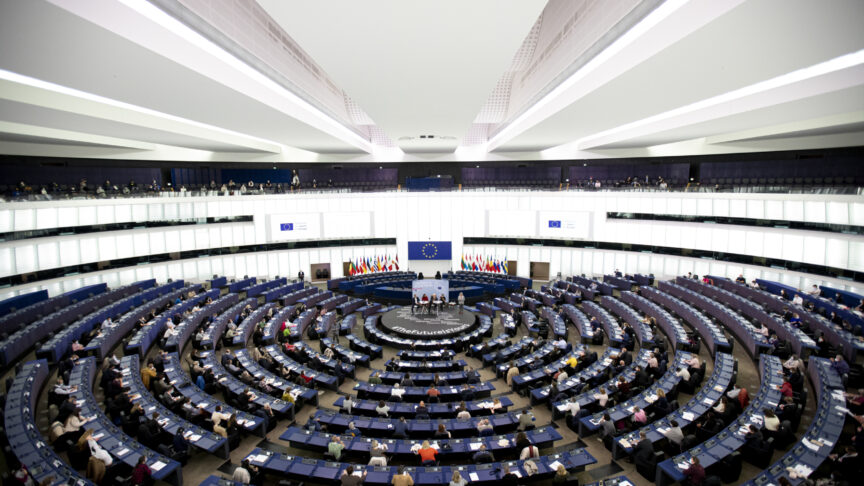
How could a European Confederation aid greater cross-European integration? And is it a realistic alternative to the EU?

As France discovers the new making of its national assembly, this webinar will analyse the election results and reflect on their impact on a geopolitical…

As the European Union sets its new agenda, this webinar will delve into geoeconomics-related priorities for the incoming European Commission. Drawing on two new ECFR…

Building on the success and results of the 2023 Project “France-Italy-Germany Trilateral Dialogue: in Pursuit of a common agenda”, the 2024 Quadrilateral Project will continue to promote intra-European dialogue between capitals, extending last year’s trilateral format to Spain

Secondo appuntamento di una serie di tre working lunch realizzati congiuntamente da ECFR Roma, SDA Bocconi e l’Institute for European Policymaking @ Bocconi University
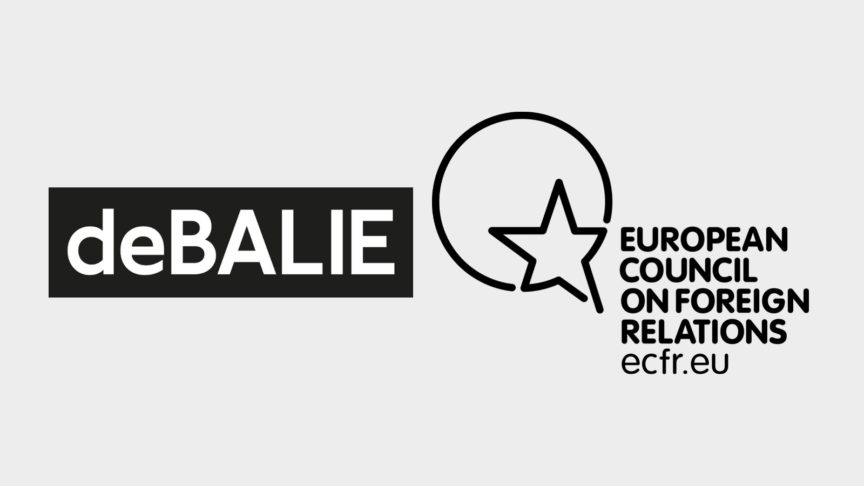
ECFR is collaborating with De Balie to discuss France’s political future and the impact of the election result on European integration and solidarity
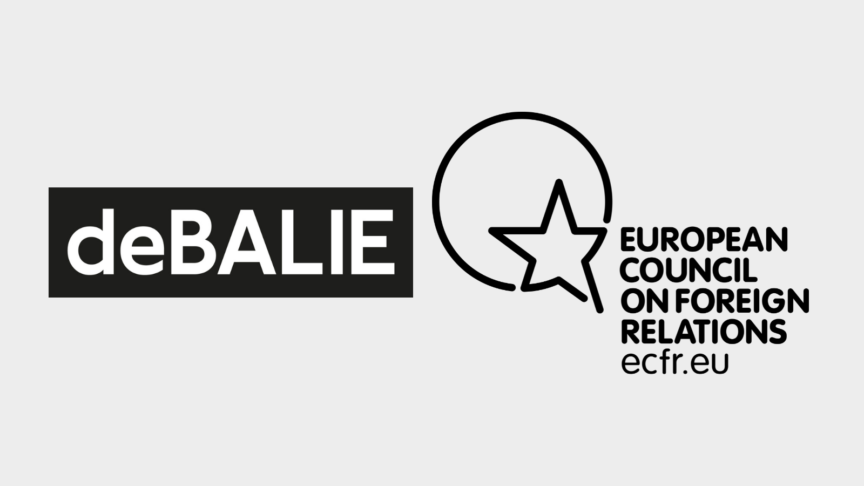
On this night at De Balie we will discuss Germany’s political future and the impact of the election result on European integration and solidarity
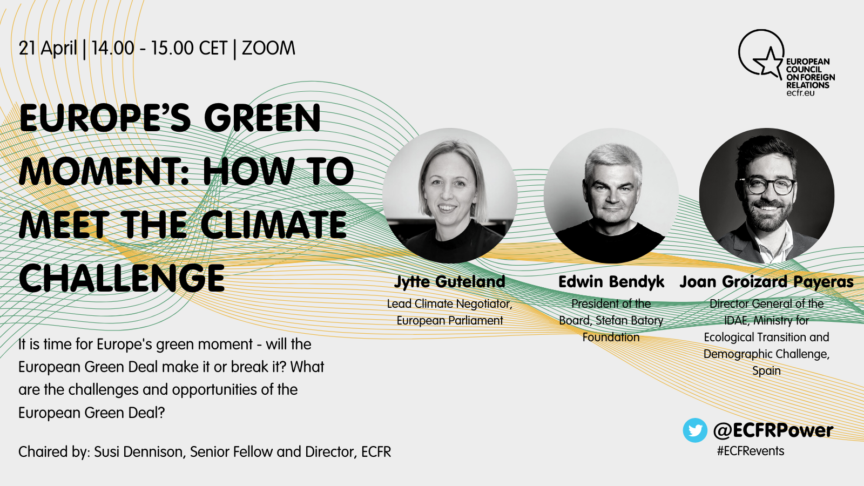
How can decision-makers mobilise creative coalitions and integrate the European Green Deal into EU foreign policy to deliver on the deal?

As a joint event with the Progressives Zentrum, the German Federal Foreign Office and Stiftung Mercator, the Daring New Spaces Summit gives civil society actors, journalists, and academics across Europe a strong voice during the current Trio Presidency of the EU Council
Diskussion zum ECFR Coalition Explorer 2020 und deutsch-französischen Beziehungen

Dear Madam, Sir, dear friends, The Berlin and Paris offices of ECFR are delighted to invite you to a virtual debate: “Financial solidarity as…